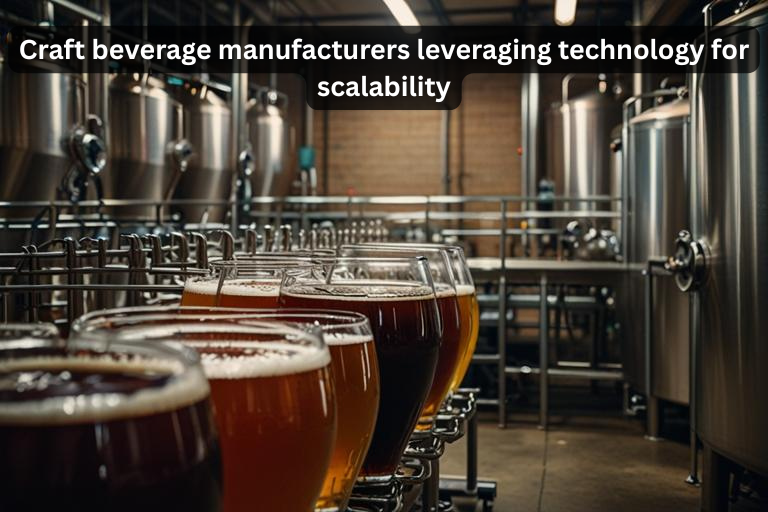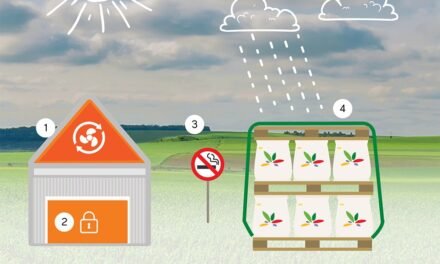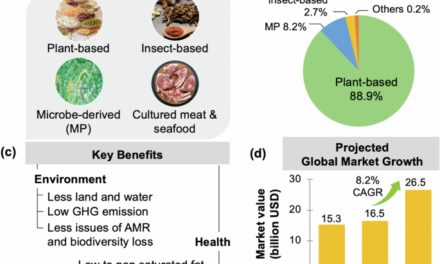Craft beverage manufacturers increasingly leverage technology to scale their operations while maintaining the quality, uniqueness, and artisanal appeal that define their products. Here’s how technology is facilitating scalability in the craft beverage industry:
1. Advanced Brewing and Distillation Equipment
- Impact: Automation and precision equipment enable consistent large-scale production without sacrificing quality.
- Technologies:
- Automated Fermentation Systems: Precisely control temperature, pH, and oxygen levels to ensure consistent flavor profiles.
- High-Efficiency Distillation Columns: Increase throughput and reduce energy use in craft spirits production.
- Pilot Systems: Small-scale systems allow for experimentation and optimization before full-scale production.
2. Data Analytics and IoT
- Impact: Smart sensors and IoT devices monitor and optimize production processes, enhancing efficiency and reducing waste.
- Applications:
- Real-Time Monitoring: Sensors track temperature, pressure, and fermentation progress, providing data for timely adjustments.
- Predictive Maintenance: IoT systems predict equipment failures to minimize downtime.
- Supply Chain Optimization: Data analytics streamline ingredient sourcing and inventory management.
3. Recipe Management Software
- Impact: Digital tools help craft beverage makers scale their recipes while preserving unique flavors and characteristics.
- Technologies:
- Scalable Recipe Calculators: Automatically adjust ingredient ratios for larger batches.
- Digital Records: Maintain consistency by storing and tracking detailed batch histories.
4. Automation in Packaging
- Impact: Automated packaging solutions enable faster, more efficient bottling, canning, and labeling without compromising quality.
- Technologies:
- Canning and Bottling Lines: Scalable lines can increase volumes while maintaining precision.
- Automated Labeling Systems: Ensure consistent branding and compliance with regulations.
5. Sustainable Production Technology
- Impact: Eco-friendly systems support scalability while reducing environmental impact.
- Technologies:
- Energy-Efficient Heating Systems: Reduce energy consumption during brewing or distillation.
- Water Recycling Systems: Reuse water in processes like cooling or cleaning.
- Waste Utilization: Convert brewing by-products into animal feed or energy.
6. E-Commerce Platforms and Digital Marketing
- Impact: Digital tools allow craft beverage manufacturers to reach wider audiences, boosting sales without geographic constraints.
- Technologies:
- Direct-to-Consumer Sales: Online platforms enable nationwide shipping of craft beverages.
- Subscription Models: Recurring delivery systems generate predictable revenue streams.
- Social Media Analytics: Track consumer preferences and tailor marketing strategies accordingly.
7. Quality Control Automation
- Impact: Automated quality testing ensures product consistency and safety at larger scales.
- Technologies:
- Inline Testing Systems: Monitor alcohol content, color, and clarity in real time during production.
- Laboratory-Grade Analyzers: Test for contaminants and verify compliance with safety standards.
8. Blockchain for Traceability
- Impact: Blockchain enhances transparency in sourcing and production, building consumer trust.
- Applications:
- Ingredient Traceability: Certify the origin of hops, grains, and other ingredients.
- Batch Tracking: Provide consumers with detailed information about each batch through QR codes.
9. Enhanced Customer Experience
- Impact: Technology enables craft beverage makers to personalize experiences and build loyal communities.
- Technologies:
- Virtual Tastings: Allow remote customers to engage with brands through guided online events.
- Augmented Reality Labels: Provide interactive storytelling and product information.
- Loyalty Apps: Reward repeat customers and track preferences.
10. Scalability Without Losing Craft Appeal
- Impact: Technology helps maintain small-batch quality while expanding production.
- Technologies:
- Hybrid Production Models: Combine traditional methods with scalable automated processes.
- AI in Flavor Development: Predict and replicate flavor profiles using machine learning.
Examples of Technology in Action
- Craft Beer: Breweries like Sierra Nevada use advanced fermentation control systems to maintain quality at scale.
- Craft Distilleries: Distillers like Westland Whiskey use analytics to optimize grain usage and aging processes.
- Kombucha Producers: Brands like GT’s Kombucha implement IoT systems to monitor live cultures during fermentation.
Conclusion
Craft beverage manufacturers can scale efficiently by adopting innovative technologies while preserving the artisanal qualities that attract consumers. These advancements enable them to compete in larger markets, meet increasing demand, and stay sustainable and profitable in a competitive industry.
Hashtags
#BrewingRevolution #CraftBeverageEvolution #InnovativeDrinks #TechSavvyBrews #SustainableSips #BeverageTechTrends #CraftBrewingSolutions #SmartBeverageProduction #FutureOfBeverages #TechBrewMastery #CraftBeverageInnovators #BrewingWithTechnology #SustainableSipping #DigitalCraftBrewing #TechForwardBeverages #InnovativeBrewingMethods #CraftBeverageTech #BrewingInnovation #SustainableBeverageIndustry #TechBrewingRevolution









